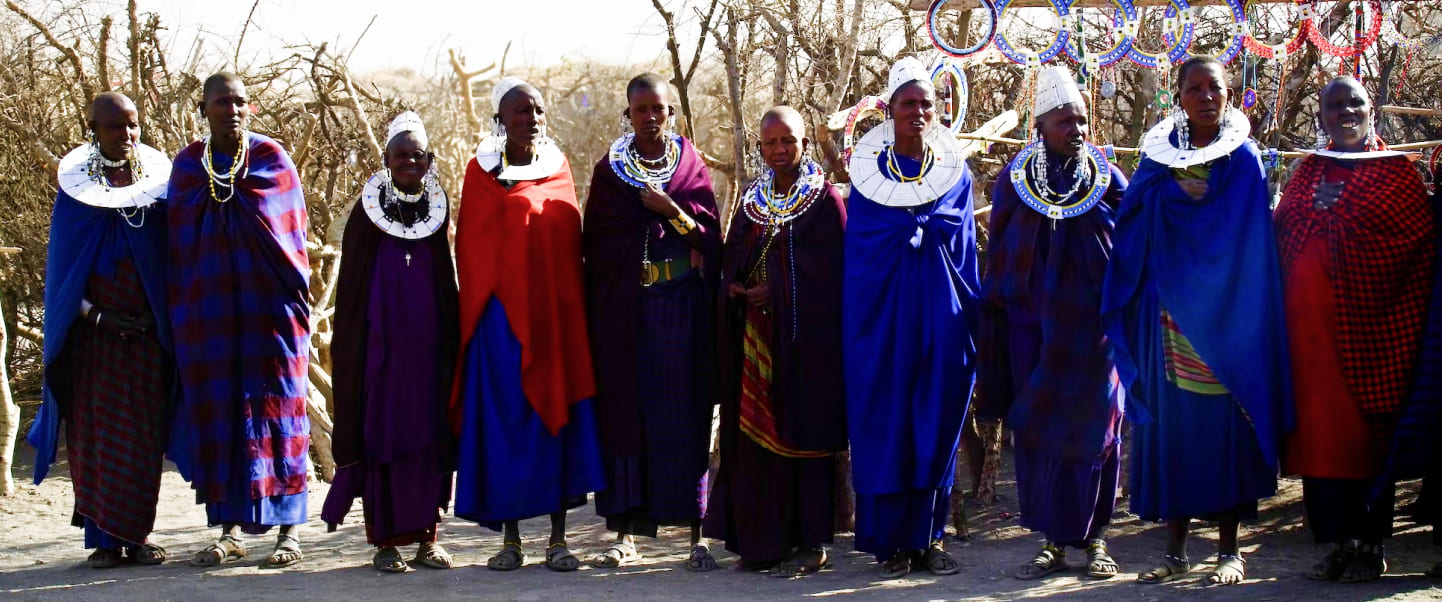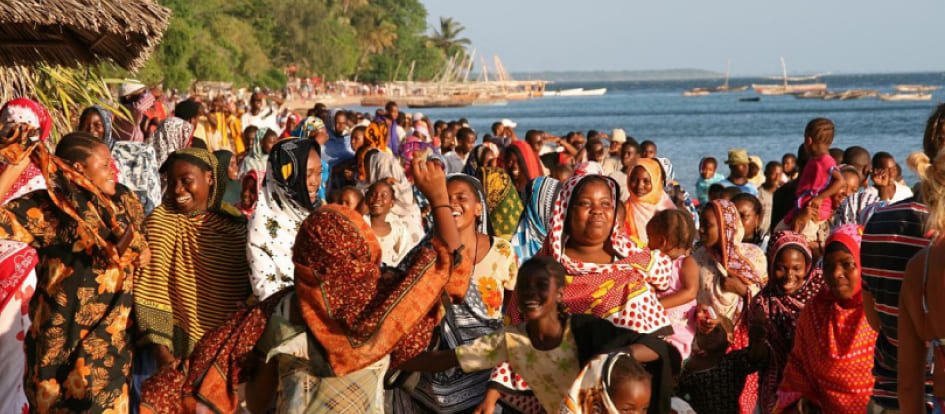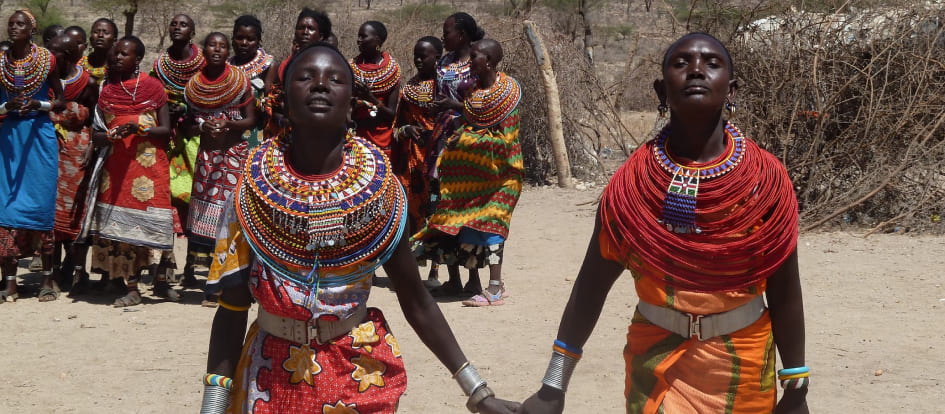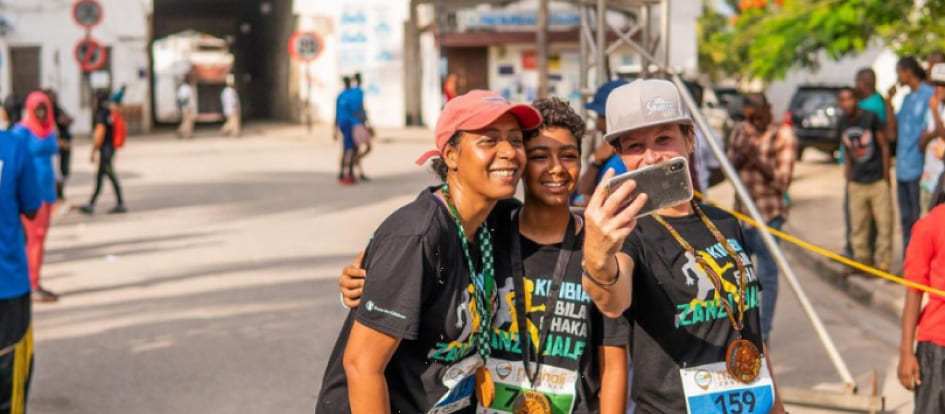


Tourism is definitely the best way to get to know people living on our planet. What they are interested in, what they dream about – it is always interesting to learn something new about the lives of others, especially if these others live in almost a parallel universe. Different climate, different moral values, everything is different!
For example, women in Zanzibar: what do they look like through travelers’ eyes? How can you make friends with them?
We’ll tell you about a perfect way to meet the beauties of the island a bit later but first let’s find out some information about the population of Zanzibar.

The population of Zanzibar is more than a million people, not including tourists who visit these fertile lands every year. The west coast of the largest island of Unguja is the most densely populated area, the capital of the archipelago, Stone Town, is located there.
Zanzibaris speak Swahili, a Bantu language that is extensively spoken in the African Great Lakes region. The dialect of Swahili spoken in Zanzibar is called kiunguja. Kiunguja enjoys the status of Standard Swahili in Tanzania.
For visitors, English and several other European languages, such as French and Italian, are spoken in most tourist areas. Moreover, three distinct varieties of Arabic can also be heard in Zanzibar: Standard Arabic, Omani Arabic and Hadrami Arabic which is spoken in the region of Hadhramaut in southeastern Yemen.
As for religion, Zanzibar’s population is almost entirely Muslim, there are many mosques with muezzins calling to the daily prayers. There is also a Christian community in the archipelago, a group of Hindus and adherents of traditional African religions, which often turn out to be closely intertwined with Muslim customs.
Since the majority of Zanzibaris are Muslims, women there mostly wear hijabs. Wealthy ladies resemble residents of the United Arab Emirates as they have the same closed outfits made of rich fabrics, gold and silver jewelry and expensive mobile phones. Zanzibar women love flowing pareos with colorful ornaments and lightweight full length tunics.
However, a hijab covering the hair and neck, isn’t obligatory worn by women of the archipelago. For example, those who work in the tourism industry don’t have to wear hijabs: such jobs, which are considered to be one of the most desirable and prestigious there, require a more modern approach and greater openness, it is easier for tourists to communicate with women who look European-style.

Speaking about shoes, Zanzibari women commonly prefer flip-flops and sandals creatively decorated with beads, the so-called Maasai sandals. By the way, women from this ancient African tribe of warriors and hunters living in Tanzania and Kenya usually do not wear hijabs, and use pieces of fabric as clothing, which are fixed on a shoulder, leaving the second one open.
Maasai beauties shave their heads, demonstrating perfect shapes of their heads. In general, the girls and women of Zanzibar are famous for their hair braiding skills, making these hairstyles not just comfortable but very beautiful and truly African.
No matter if Zanzibari women wear hijabs, braids or shave their head, all of them adore jewelry, such as bright and colorful earrings and bracelets made of beads, metal, wood, leather and shells, as well as necklaces skillfully made of fangs of wild animals and shark teeth. Yeah, it sounds rather creepy but looks great.
The women of Zanzibar live very differently, depending on their personal aspirations and the wealth of the family. They raise children and help their husbands, get an education and work. A joint men and women half marathon KIMBIA BILA SHAKA which takes place in Stone Town, is indicative of the way how women’s issue is being dealt with in the archipelago.
KIMBIA BILA SHAKA is sponsored and partnered by large Tanzanian public associations and commercial organizations. The race is aimed at promoting gender equality and breaking down cultural barriers that prevent young girls and women from moving freely without judgment. The zanzihalf’s mission is to encourage women’s empowerment and confidence and help to unlock their female potential. Even the name of the race is Swahili for ‘run without fear’.

To participate in the KIMBIA BILA SHAKA, some residents of the archipelago are ready to run such a long distance for the first time in their lives. The participants of the event are filled with overwhelming emotions. Joy, excitement and a truly healthy spirit: the organizers of the event are sure that by encouraging people to do sports, they create the basis for the formation of healthy habits that contribute to improving the physical well-being of the population.
And finally, the best way to meet beautiful Zanzibari women that we’ve mentioned at the beginning of this article. Not only locals can take part in the race along Stone Town streets, everybody, including tourists can participate. No matter where you’re from, what your gender, age, nationality and religion are, the half marathon is available for everyone.
Travel to Africa and participate in such an interesting event – what can be better? A benefit of such a trip is the connections established between continents as sports and striving for a common goal really unite people. And remember that the main thing is a smile! The next race is in December!